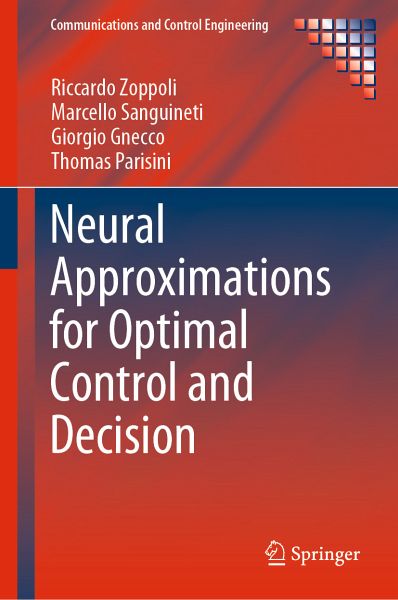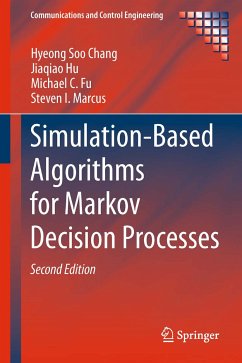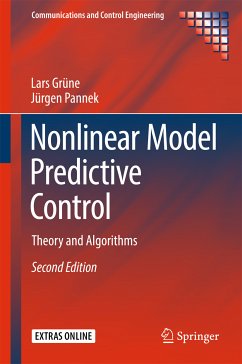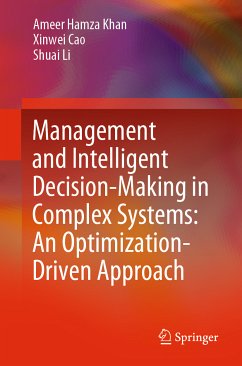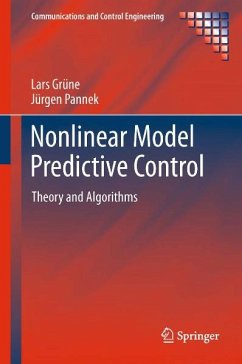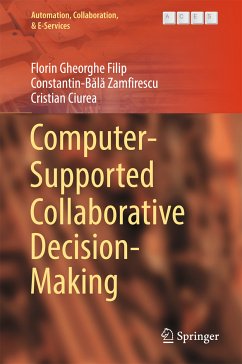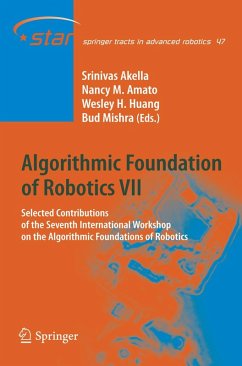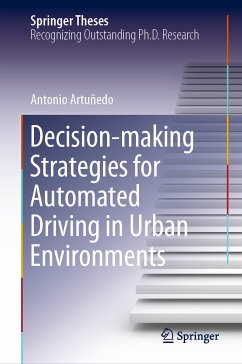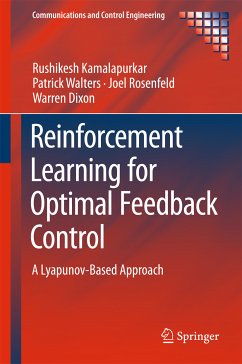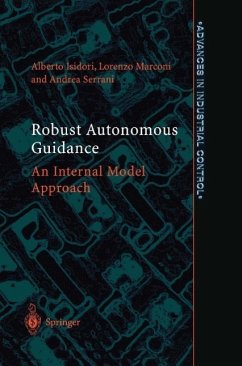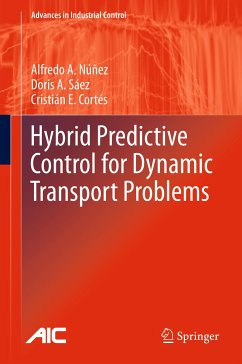Riccardo Zoppoli received the "Laurea" degree in electronic engineering from the University of Genoa, Italy, in 1965, and the title of "Libero Docente" in 1971. From 1968 to 1979, he was an Associate Professor of Control Theory at the University of Genoa. Since 1980, he has been Full Professor of Control Theory and Operations Research at the same University. In 1972, was a NATO Visiting Scholar at the University of California at Los Angeles. From 1979 to 1985, he was responsible for the special project "Distributed Process Control Systems" supported by the National Research Council of Italy. He is the author of more than 100 papers scientific papers in the area of systems theory and operations research. His more recent research interests include large-scale systems, team theory, optimal control and filtering, and neural approximations. Prof. Zoppoli has served on various national and international and academic committees and as member of several boards of technical boards. In 2017, he received the title of "Professor Emeritus" from University of Genova, Italy.
Marcello Sanguineti was born in Chiavari (Genoa), Italy. He received the ``Laurea'' (MSc) degree cum laude in Electronic Engineering and the PhD degree in Electronic Engineering and Computer Science, both from the University of Genova (Italy). He is currently Associate Professor of Operations Research at the University of Genova, with National Scientific Qualification as Full Professor, where he teaches "Operations Research", "Optimization Techniques" and "Strategic Choices: Games and Team Optimization". He is also Research Associate at CNR-INM (Institute for Marine Engineering) and Guest Scholar at IMT - School for Advances Studies (Lucca, Italy). Previously he was Research Associate at CNR-ISSIA (Institute of Intelligent Systems for Automation). He was member of the Scientific Boards of several PhD programs at the University of Genova, currently the PhD program in Computer Science and Systems Engineering. Marcello Sanguineti spent several periods as visiting scientist and lecturer at the Institute of Computer Science of the Czech Academy of Sciences and at the Department of Management of Bar-Ilan University (Tel Aviv, Israel). He was project referee for the Czech Academy of Sciences, for the Georgia National Science Foundation (GNSF), and for the Italian Ministry of Education, University, and Research (MIUR). He authored or coauthored more than 200 research papers in archival journals, book chapters, and international conference proceedings. He was member of the Program Committees of several conferences, member of the Organizing Committee of the 2007 Conference of the Italian Association of Operations Research, and Chair of the Organizing Committee of the 2008 International Conference on Mathematical Problems in Engineering, Aerospace, and Sciences. He is currently member of the Organizing Committee of the 2019 International Conference on Optimization and Decision Science. Marcello Sanguineti was invited speaker and keynote speaker at several international and Italian conferences. He coordinated international and Italian research projects on approximate solution of optimization problems and nonlinear approximation by neural networks. He was Principal Investigator of a NATO Collaborative Linkage Grant and member of several European projects (H2020 and 7th Framework Program) and other international projects. He was Guest Editors of the journals Computers and Operations Research and Computational Management Science. He is currently serving as an Associate Editor of the journals Neurocomputing and Neural Processing Letters and from 2006 to 2012 he was Associate Editor of the IEEE Trans. on Neural Networks. His more recent research interests are machine learning, neural networks for optimization, infinite-dimensional programming, network optimization, game theory, and affective computing.
Giorgio Gnecco was born in Genoa, Italy. From 2017, he is a Tenure-Track Assistant Professor ("Ricercatore Tipo B") in Operations Research at the IMT - School for Advanced Studies, Lucca, working in the Analysis of compleX Economic Systems (AXES) research unit, with National Scientific Qualification as Full Professor in Operations Research from 2018. From 2013 to 2017, he was a Fixed Term Assistant Professor ("Ricercatore Tipo A") in Control Systems at IMT Lucca, working in the Dynamical Systems, Control and Optimization (DYSCO) research unit. From 2016, he is Director of the local Research Unit of INdAM (National Institute for Advanced Mathematics) at IMT - Lucca. He has been an Associate Editor for IEEE Transactions on Neural Networks and Learning Systems (in the first quartile in 4 different subject categories according to the ISI Impact Factor 2017) since January 2013. In March 2018, he taught the graduate course "Optimization over Time and its Application to Online Machine Learning" at Charles University,Prague. In May 2016, he was a visiting scientist at the University of Cambridge, UK. From 2009 to 2013, he worked as a Postdoctoral Researcher at the University of Genoa. In 2007, he was a visiting scientist at the Institute of Computer Science of the Academy of Sciences of the Czech Republic. He received the "Laurea" (M.Sc.) degree (5 years) cum laude in Telecommunications Engineering and the Ph.D. degree in Mathematics and Applications, both from the University of Genoa, in 2004 and 2009, respectively. Besides his scientific studies, he also received the "Diploma" in violin at the Livorno Higher Music School and the "Diploma" in viola at the Piacenza Conservatory in 2000 and 2001, respectively. In the years 2012, 2013, 2017, and 2018, he combined his scientific and musical backgrounds in the contexts of the EU Project 7FP ICT FET SIEMPRE (Social Interaction and Entrainment using Music PeRformancE) and of the H2020-ICT-2015 project TELMI (Technology enhanced learning of musical instrument performance). His scientific production includes 69 papers in international journals (57 in ISI journals, 63 in Scopus journals), 1 editorial in an international journal, 11 international book chapters, and 56 international conference papers/abstracts. His current research interests include machine learning theory and applications, neural networks, big data, multi-agent control systems, game theory, optimization applied to telecommunications networks, to economics, and to civil engineering.
Thomas Parisini received the Ph.D. degree in Electronic Engineering and Computer Science in 1993 from the University of Genoa. He was with Politecnico di Milano and since 2010 he holds the Chair of Industrial Control and is Director of Research at Imperial College London. He is a Deputy Director of the KIOS Research and Innovation Centre of Excellence, University of Cyprus. Since 2001 he is also Danieli Endowed Chair of Automation Engineering with University of Trieste. In2009-2012 he was Deputy Rector of University of Trieste. In 2018, he received an Honorary Doctorate from University of Aalborg, Denmark. He authored or co-authored more than 300 research papers in archival journals, book chapters, and international conference proceedings. His more recent research interests include monitoring, diagnosis, control and security of large-scale interconnected nonlinear systems with applications in smart grids, power electronics and industrial process control. He is a co-recipient of the IFAC Best Application Paper Prize of the Journal of Process Control, Elsevier, for the three-year period 2011-2013 and of the 2004 Outstanding Paper Award of the IEEE Trans. on Neural Networks. He is also a recipient of the 2007 IEEE Distinguished Member Award. In 2016 he was awarded as Principal Investigator at Imperial of the H2020 European Union flagship Teaming Project KIOS Research and Innovation Centre of Excellence led by University of Cyprus. In 2012 he was awarded anABB Research Grant dealing with energy-autonomous sensor networks for self-monitoring industrial environments. Thomas Parisini currently serves as Vice-President for Publications Activities and in 2020 he will serve as President-Elect of the IEEE Control Systems Society. During 2009-2016, he was the Editor-in-Chief of the IEEE Trans. on Control Systems Technology and since 2018 he is the Editor in Chief of the European Journal of Control. Since 2017, he is also Editor for Control Applications of Automatica. He is the Chair of the IFAC Technical Committee on Fault Detection, Supervision & Safety of Technical Processes - SAFEPROCESS. He was the Chair of the IEEE Control Systems Society Conference Editorial Board and a Distinguished Lecturer of the IEEE Control Systems Society. He was an elected member of the Board of Governors of the IEEE Control Systems Society and of the European Control Association (EUCA) and a member of the board of evaluators of the 7th Framework ICT Research Program of the European Union. Thomas Parisini is also currently serving as an Associate Editor of the Int. J. of Control and served as Associate Editor of the IEEE Trans. on Automatic Control, of the IEEE Trans. on Neural Networks, of Automatica, and of the Int. J. of Robust and Nonlinear Control. Among other activities, he was the Program Chair of the 2008 IEEE Conference on Decision and Control, the Program Chair of the 2018 European Control Conference, and General Co-Chair of the 2013 IEEE Conference on Decision and Control and of the 2018 IEEE Conference on Control Technology and Applications. Prof. Parisini is a Fellow of the IEEE and of the IFAC.
